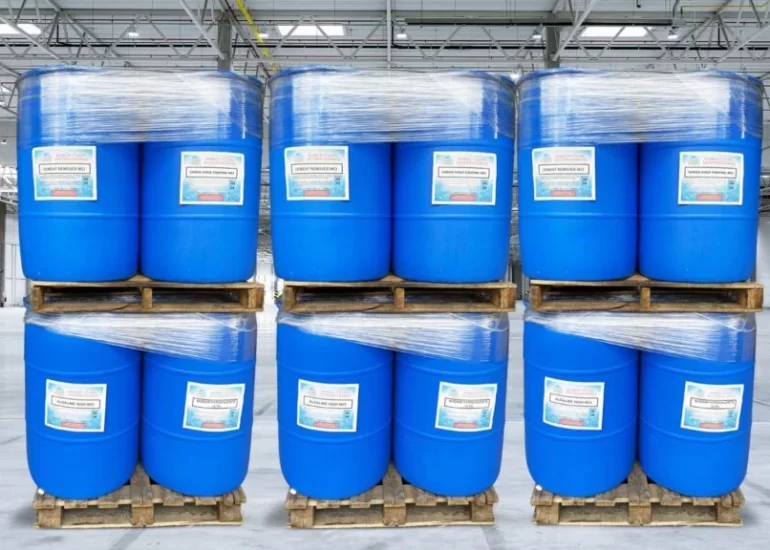Zinc oxide, a mineral used in sunscreens as an active ingredient to block harmful sun rays, is also a mineral. It is a mineral that settles on the skin and does not penetrate. The size of the zinc oxide molecules is called nano particular. One billionth of a meter is called a nanometre. A nanoparticle refers to a particle smaller than 100 nanometres.
Studies already showed that zinc oxide nanoparticles do not penetrate the skin barrier, and thus pose no health risk. Non-nano zinc dioxide particles larger than 100 nanometres are also safe.
Sunscreen is one of the most effective ways to protect your skin from sunburns caused by UV exposure. Sunscreen helps reduce the risk of skin cancers, and premature skin aging. It is usually available in a lotion form, which allows it to be easily spread on the skin.
There are two types of sunscreen. There are two main types of sunscreen. The first is made with mineral ingredients such as zinc oxide and titanium dioxide. These work by blocking harmful UV rays from reaching the skin. Chemical ingredients such as oxybenzone and octisalate absorb UV rays before they damage skin cells.
Both types of sunscreen are effective at protecting the skin from UV radiation. However, mineral-based sunscreens offer less chemical exposure. Nano particular zinc oxide can be used in sunscreen because undamaged skin acts as a barrier against the penetration of UV radiation.
What makes ZNO nanoparticles so special?
There are two choices when it comes to sunscreen. There are two types of sunscreens: chemical-based and mineral-based. Both can protect the skin from the harmful effects of the sun’s ultraviolet rays. Exposed skin to too much sunlight can lead to skin damage and premature aging.
Zinc oxide nanoparticles (ZnO), are special sunscreen ingredients. They reflect, scatter and block the sun’s UV rays and are therefore considered to be the best active ingredient. Their sun protection properties have made them a very popular sunscreen ingredient over the years.
These nanoparticles can also be safely applied to the skin, despite having a very small molecular structure. They don’t cross the skin barrier. The particles are applied to the skin and sit on the skin’s surface, where they block the UV rays. Numerous studies show that the particles cannot penetrate the skin.
The resistance of zinc oxide nanoparticles has also been confirmed. This makes it a good choice for medical use. It is extensively used in work such as drug delivery and biological labeling.
They have been shown to have antibacterial, immunomodulatory, and antioxidant properties. Their therapeutic benefits have been promoted by their use in biomedicine. Although zinc oxide nanoparticles remain a relatively new material in biomedicine, further research is ongoing to ensure that they do not cause adverse side effects.
Innoveda Chemical, the finest perfumery chemical supplier in Dubai, offers the greatest selection of chemicals for the perfume business, including fragrance chemicals, aroma chemicals, oils, and more at affordable prices. For any queries contact us at +971 055 192 1234/info@iigtchem.com




